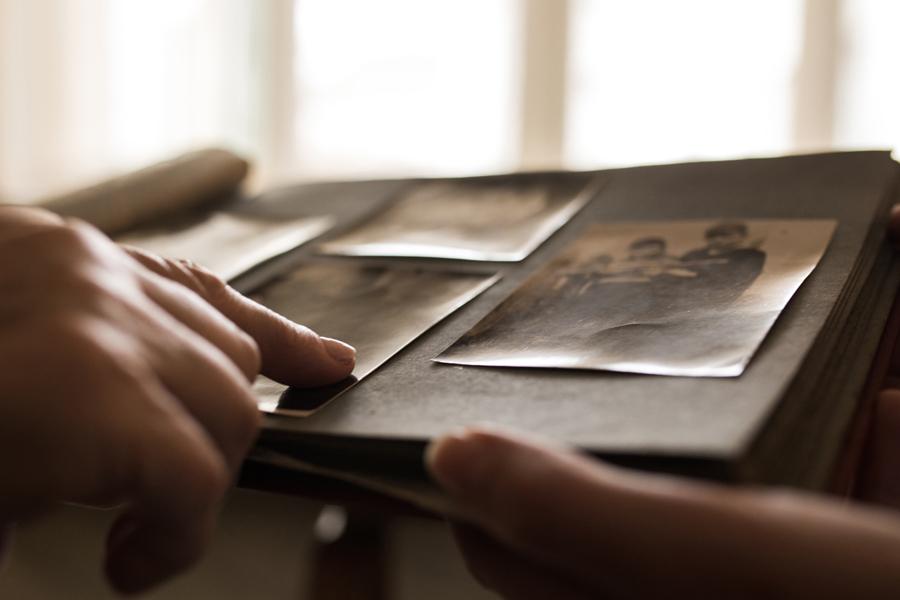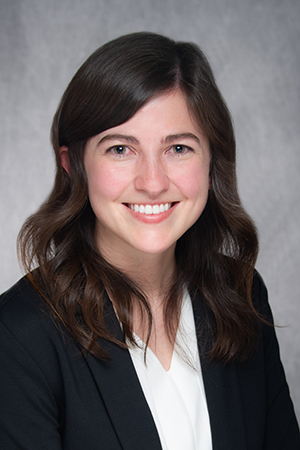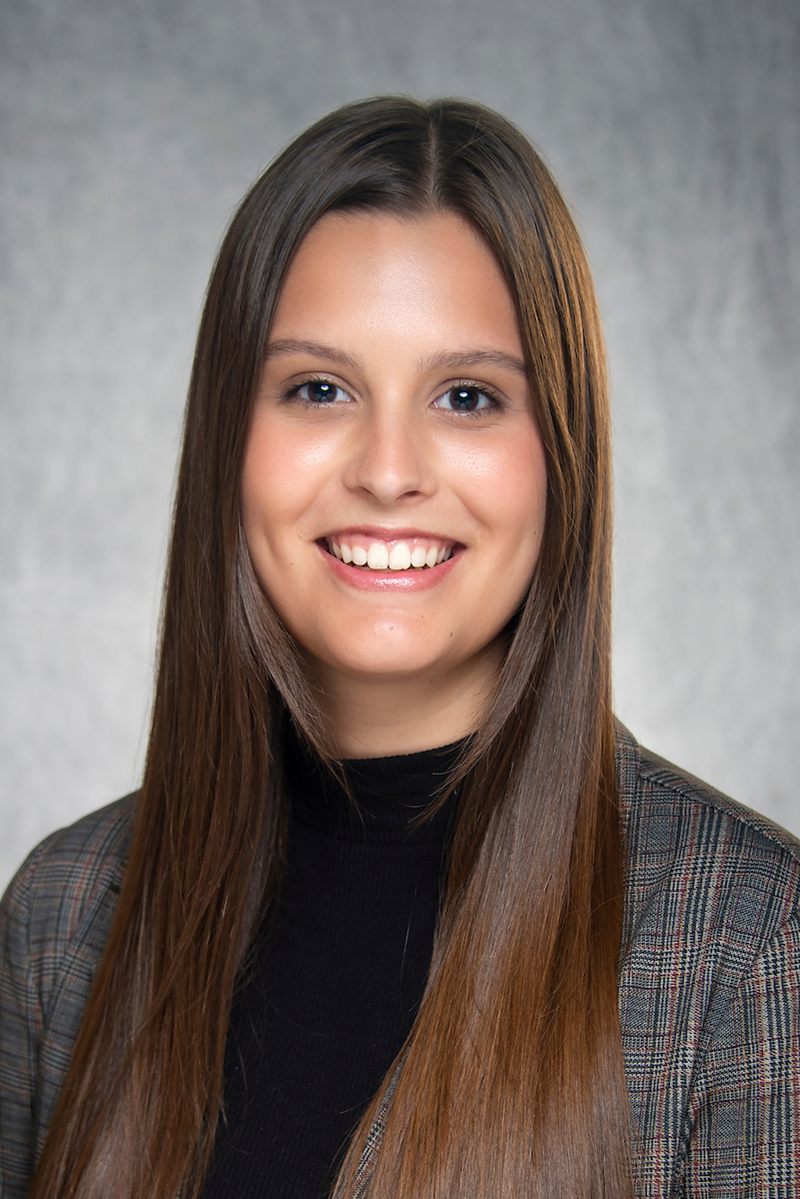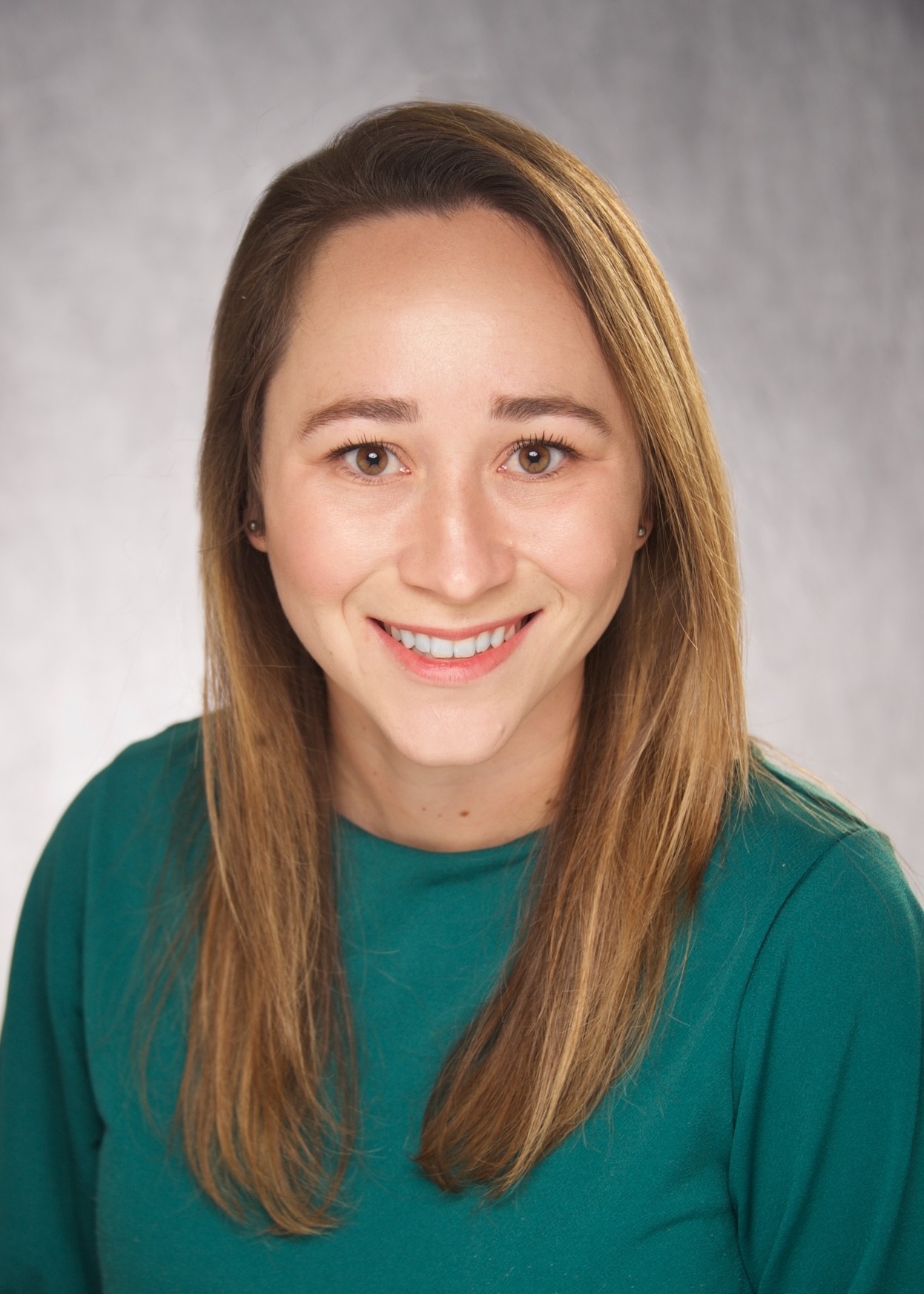The role genetics plays in your cancer
About 10% of all cancer is hereditary, meaning it is passed down in the family.
People with certain genetic changes may have a higher risk for certain types of cancer. That’s why it’s important for you to know your family history and understand what you can do to screen for cancer, help prevent it, or detect it in its earliest stages.
The genetic counselor is a member of your team.
Our cancer genetic counselors serve on your health care team to help you and your family members know the hereditary risks and manage them.
Consider talking with your doctor about this service if you have a family history that includes:
- Cancer at a young age
- Two or more separate cancers in the same person
- Family members with the same or related types of cancer
- A rare or unusual type of cancer
- Ten or more colon polyps
What to expect from your visit
A genetic counselor will review your personal and family medical history and talk to you about your cancer risk and whether there is the potential for a hereditary cancer condition. If you currently have or have had cancer, your genetic counselor will discuss your risk of getting a second cancer or a hereditary cancer condition that could impact your cancer treatment.
In some cases, a genetic test may be used to gather more information. The genetic counselor will talk with you about the test’s benefits and limits and whether it’s right for you and your family.
Our counselors will work with you and your family members to discuss how personal and family history of cancer and genetic test results impact each person in the family. This will help each family member in making informed choices about their cancer screening and risk-reducing options. These may involve more frequent cancer screenings, risk-reducing surgery, and/or chemoprevention, which is taking certain medications to reduce the chance of developing specific types of cancer.
You can help us by coming to your visit prepared with information about:
- Who in your family has been diagnosed with cancer
- What type of cancer they had
- How old they were when diagnosed





